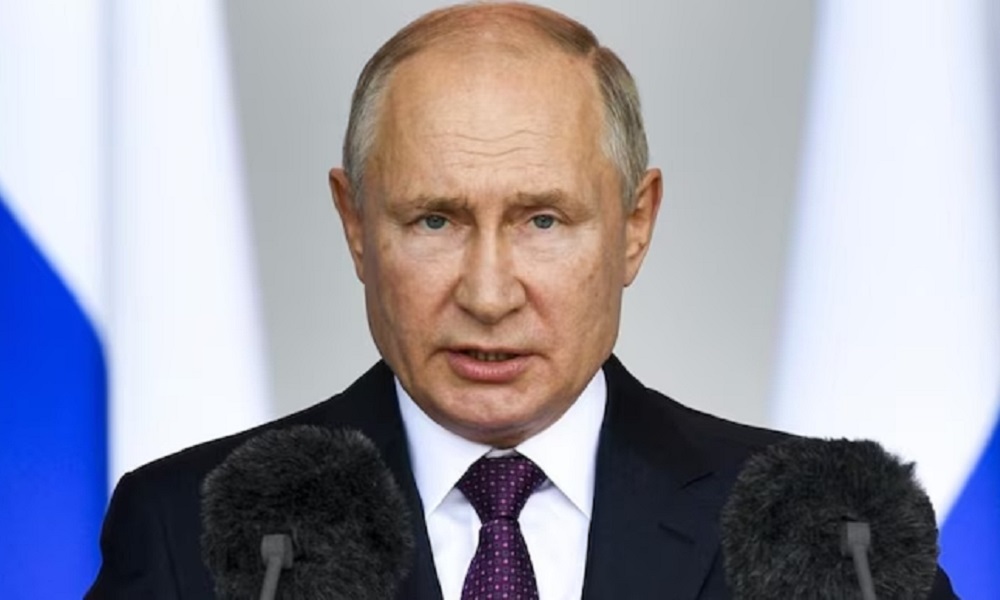By Francesca Hangeior
The United States has said that it would snub the Tuesday inauguration of Russian President Vladimir Putin after his latest election in which he faced no real opposition.
“We will not have a representative at his inauguration,” State Department spokesman Matthew Miller told reporters Monday.
Asked if the boycott meant the United States considered Putin illegitimate, Miller said, “We certainly did not consider that election free and fair, but he is the president of Russia and is going to continue in that capacity.”
Putin, 71, has led Russia as either president or prime minister since the turn of the century. The election commission said in March that he won a fifth term with 87.28 percent of the votes.
Putin’s most vocal critic, Alexei Navalny, died in an Arctic prison in February. His widow, Yulia Navalnaya, has encouraged the international community not to recognize Putin as a legitimate leader.
Russian President Vladimir Putin will be sworn into office at a lavish ceremony in the Kremlin on Tuesday, embarking on a record-breaking fifth term with more power than ever before.
The 71-year-old Kremlin chief has ruled Russia since the turn of the century, securing a fresh six-year mandate in March after winning presidential elections devoid of all opposition.
The inauguration will be broadcast live on most major Russian television channels from around midday (0900 GMT), when a luxury motorcade will drive Putin to Moscow’s Grand Kremlin Palace.
After arriving, he will walk through the palace corridors to the ornate Saint Andrew Hall, where he will take the presidential oath and make a brief address to Russians.
Government officials and foreign diplomats in Moscow have been invited to the ceremony, including French ambassador Pierre Levy, who is expected to attend.
Other European countries including Poland, Germany and the Czech Republic have signalled that they will not send representatives amid soured tensions over the conflict in Ukraine.

